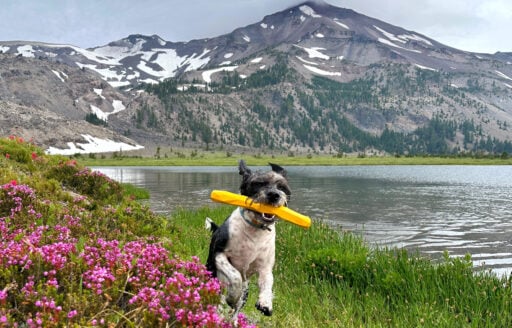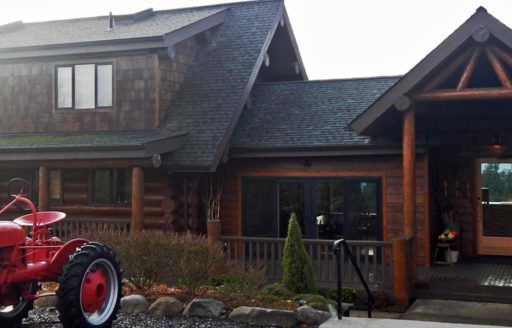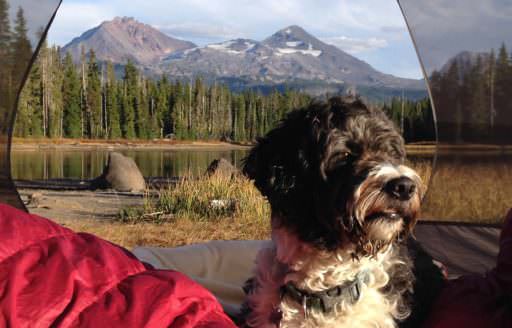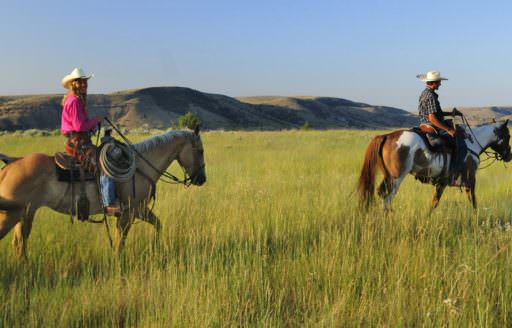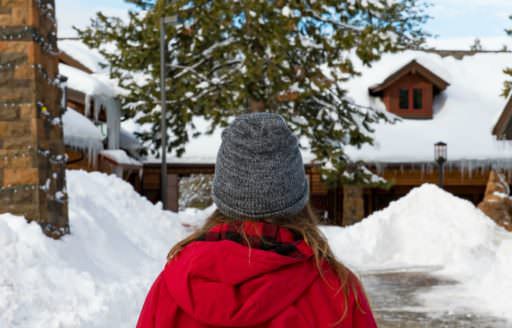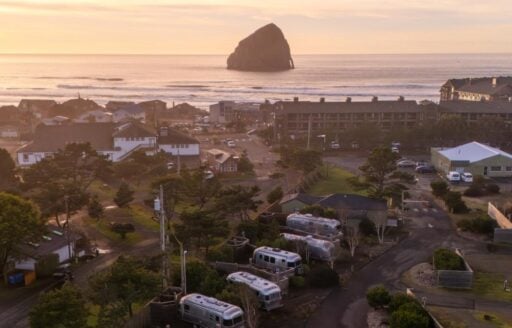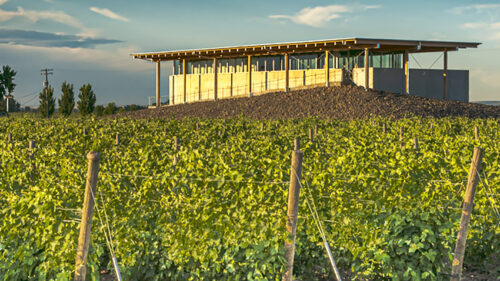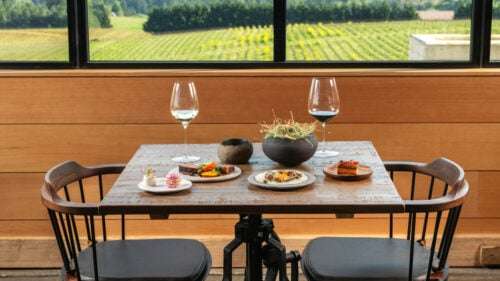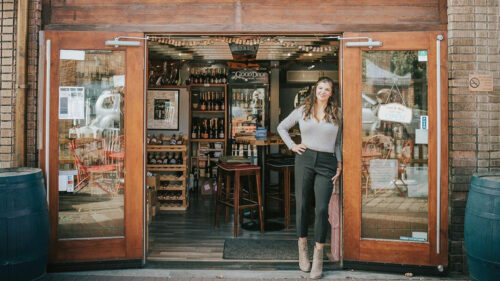What’s better than sipping a crisp, minerally glass of Oregon-grown riesling overlooking acres of vines on the hillside from your perch on an elegant stone patio? It’s knowing that your purchase funds an entire farm that’s tied to practices that make a vineyard strong and healthy. When you buy organic wine, you know you’re supporting a lighter impact on the environment; with biodynamic wine, you’re supporting an integrated system of farming. Here’s everything you need to know about biodynamic wine and where to try it.
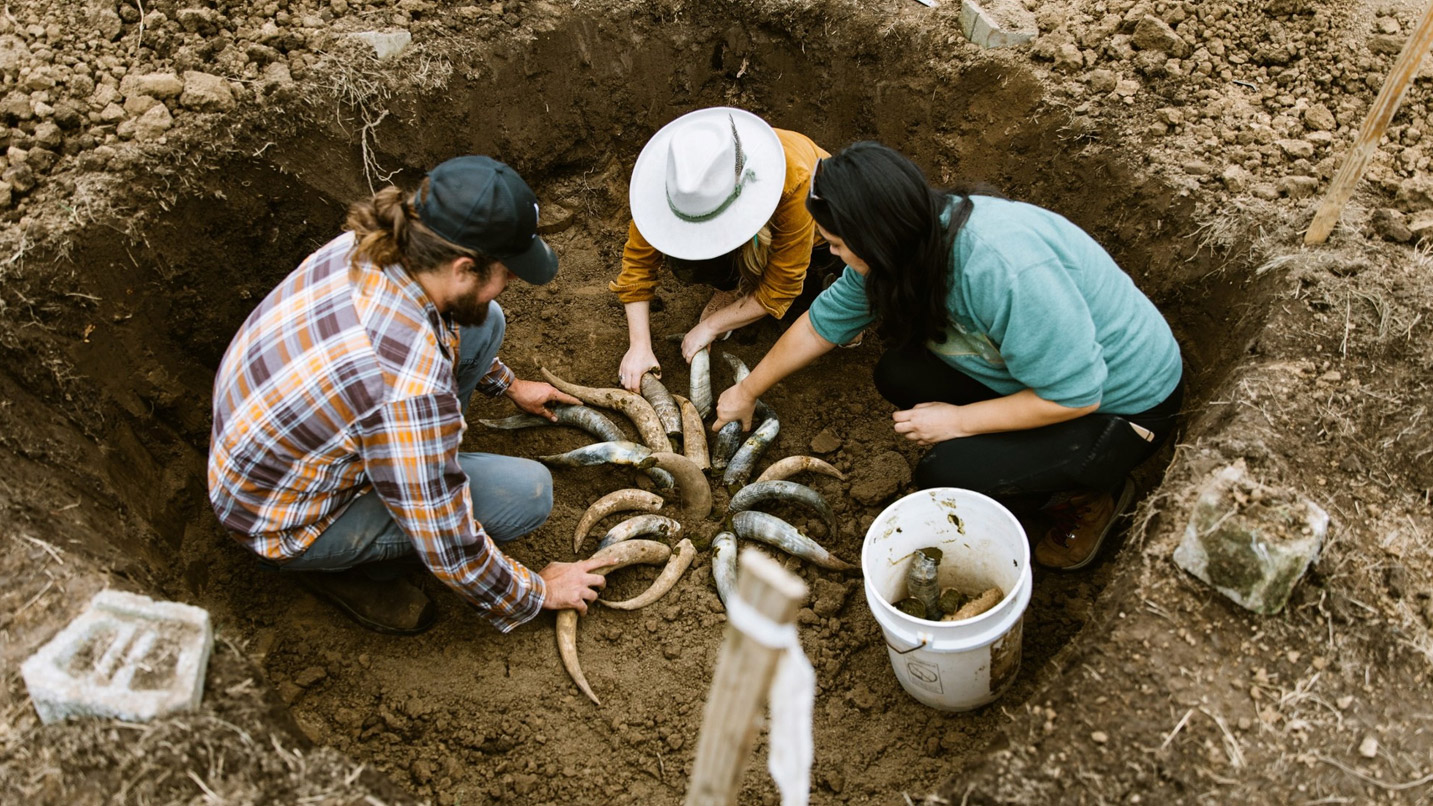
What Exactly Is Biodynamic Wine?
While organic farming is fairly mainstream in Oregon, biodynamic agriculture is still considered next-level, because of its highly specific and holistic practices. To identify wines that adopt these practices, you’ll see the “Demeter Certified Biodynamic” label on wine labels, indicating that the wine inside has undergone the Demeter Association’s stringent biodynamic-certification process.
The philosophy behind biodynamic agriculture is over a century old. The concepts were first put forward in the early 1920s by Rudolf Steiner, who’s best known as the founder of the Waldorf education system. Biodynamic farmers consult lunar calendars to optimize planting schedules and view their farms as living organisms that must be tended with care. Practices include planting helpful cover crops and bringing in chickens to feast on pests before pests feast on vines.
“Biodynamic practices consider the entire universe — and the farm — as being alive, as having consciousness,” explains Moe Momtazi, founder of McMinnville’s Demeter-certified Maysara Winery. “So you treat this living thing with respect and take care not to contaminate it.” Sustainability and complete self-sufficiency are also crucial. “We do things without bringing anything from outside the farm as a source of food for our plants,” he says.
One key aspect of biodynamic agriculture — and perhaps the most misunderstood — is the use of spray and compost “preparations.” Spray preparations are used to promote soil health and photosynthesis. These include horn silica, which is made by filling cow horns with finely ground quartz crystals that proponents say are charged with winter energy, burying the horns during the warmer months and then digging them up. The silica is later mixed with rainwater and used as a crop spray. Another preparation is made similarly but uses cow dung instead of crystals to create a natural conditioner. Compost preparations use herbs such as stinging nettle, dandelion and chamomile to help strengthen naturally occurring nutrients and microbes. This enhanced compost is then used as a natural soil supplement and fertilizer to create an optimal environment for plants to thrive.
This holistic approach naturally requires a lot of work, but the terroirs of Oregon’s wine-producing regions are ideal for biodynamic viticulture. “With our warming climate, it’s getting harder to achieve a nonadjusted, balanced-chemistry wine in some of the warmer regions in the world — and in our country,” says Morgan Beck, winemaker at Johan Vineyards, a Demeter-certified winery in the Willamette Valley’s Van Duzer Corridor south of Amity. “But Oregon is very well suited to biodynamic practices.”
Low-intervention and eco-friendly winemaking are gaining traction in Oregon’s wine regions too. Natural winemaking, which is fermented without the addition of yeast, has grown in popularity in recent years, including naturally sparkling (or “pét nat,” short for the French term “pétillant naturel,” on Oregon tables). Standards are increasing, too. Look for certifications such as LIVE (Low-Impact Viticulture and Enology) and Salmon-Safe, designed to minimize impact on fish and waterways.
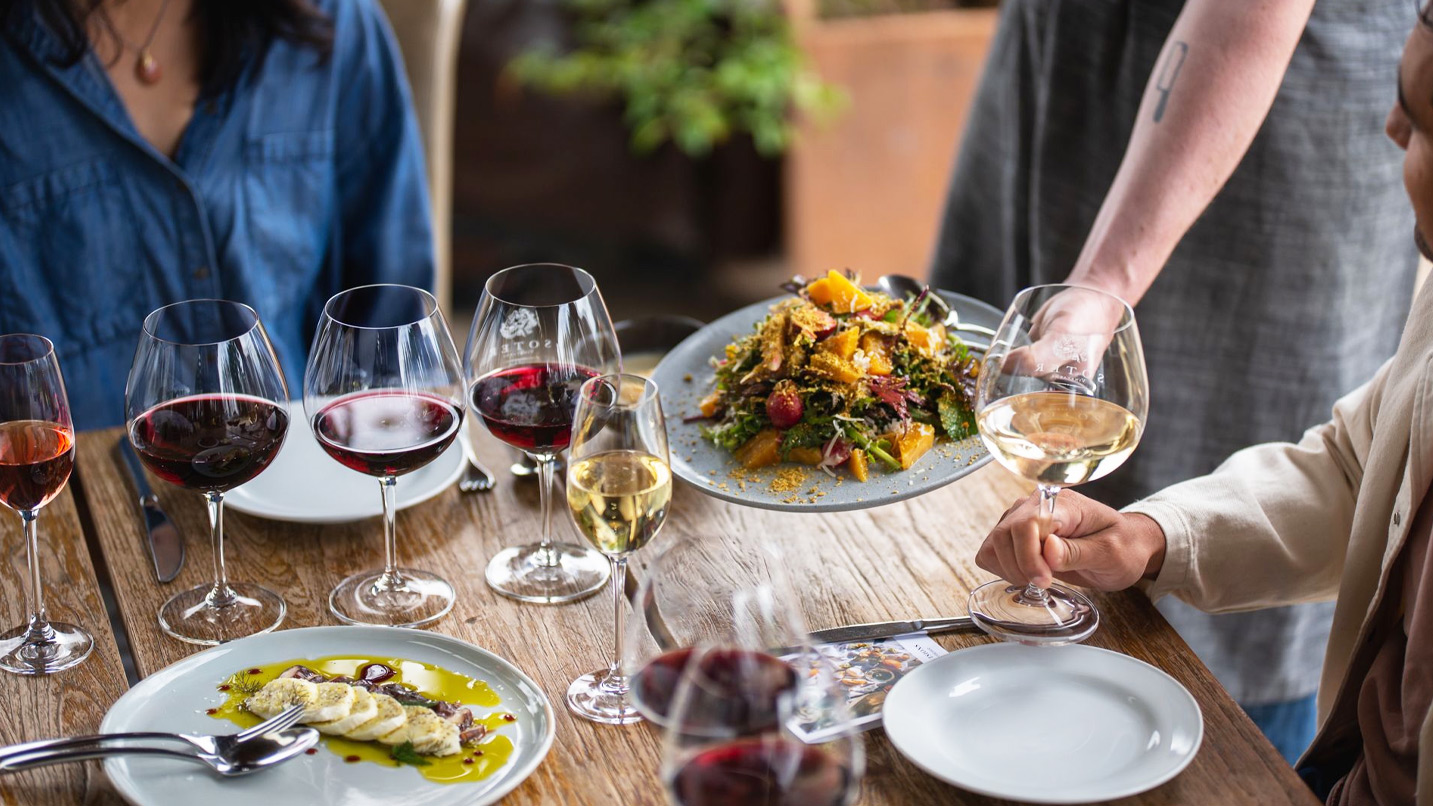
Taste Biodynamic Wine in the Willamette Valley
The Willamette Valley is where you’ll find the bulk of Oregon’s two-dozen plus Demeter-certified wine producers. You can prebook a tasting at Maysara’s gorgeous McMinnville estate, or sign up for one of Johan’s tour-and-tasting packages. Tours take visitors out to see the operations and talk about key elements of biodynamic farming, from composting to making preparations. The tours at Brick House Wines in Newberg focus heavily on biodynamic practices and let guests get up close to compost piles and cover crops. Amity’s Brooks winery offers tours with tastings at its biodynamic estate along with an educational series — Brooks University — where curious oenophiles can learn more about the ins and outs of making a great bottle.
Montinore Estate is another Willamette Valley biodynamic pioneer, having first moved toward biodynamic viticulture in the early 2000s. Taste some of the latest releases at its McMinnville tasting room, The Grove. If you’d prefer to add a culinary experience to your tasting, head to Soter Vineyards’ 240-acre Mineral Springs Ranch in Carlton. Soter’s lunchtime Provisions Tastings menu pairs a selection of its biodynamic wines with delicious — and beautifully plated — organic dishes.
The South Willamette Valley Food Trail is home to a few standout biodynamic producers, including the largest certified-biodynamic winery in North America: King Estate in Eugene. In Junction City, Antiquum Farm is one of the many wineries in Oregon that integrate biodynamic practices into its winemaking, but the winery does things a little differently. It follows an approach called grazing-based viticulture, which enlists the help of a rotation of fluffy sheep and adorable pigs, plus chickens to help with pest control and Maremma dogs to guard the operations against predators.

Sip and Stay at Southern Oregon’s Biodynamic Vineyards
Southern Oregon’s lauded wine country has its share of exceptional biodynamic wineries, too. Near Talent Upper Five Vineyard grows biodynamic grapes on the grounds of an old pear orchard. Tastings are available by appointment. Just outside of Jacksonville, Cowhorn Vineyard & Garden offers guided tastings at its sprawling estate, along with culinary experiences ranging from picnics to live-fire dinners. For an immersive farm experience, book a few nights at the on-site guest quarters, The Overlook.
About an 18-mile drive from Cowhorn, Troon Vineyard & Farm grows a wide range of grapes in the heart of the Applegate Valley, from viognier to vermentino. Although Troon is best known for its biodynamic and organic, minimal-intervention wine, the farm also grows cider apples, vegetables and hay. You can drop by Troon’s estate tasting room and farm stand every day of the week, spend the night at its Vineyard House or head to the winery’s Grants Pass and McMinnville tasting rooms for a sample.

